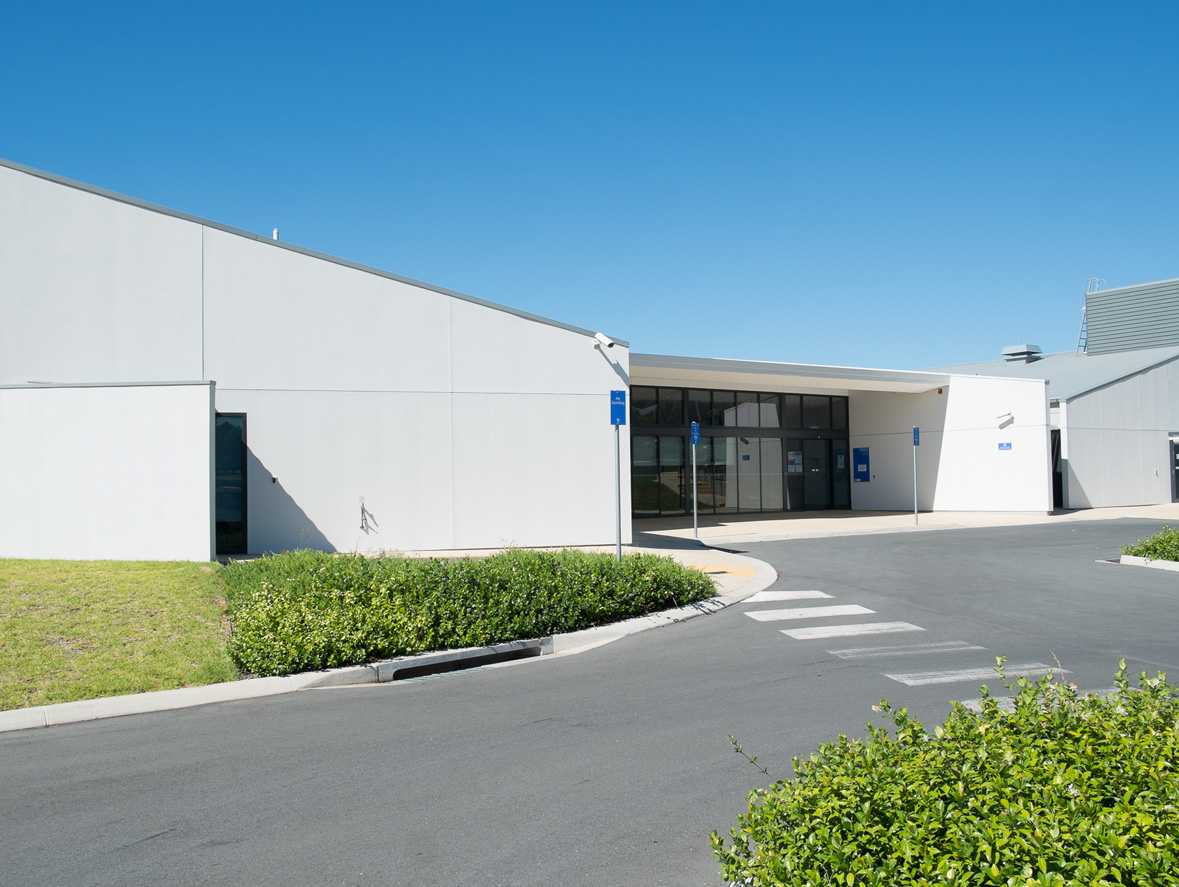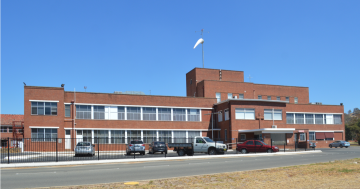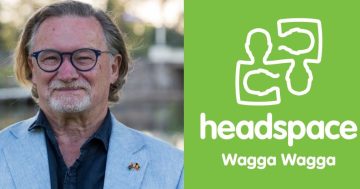
A community outcry against a planned funding cut has meant Gundagai will have a mental health nurse until at least June 2024. Photo: NSW Health.
Gundagai has breathed a temporary sigh of relief with plans to extend its mental health nurse position until at least June 2024.
The breakthrough comes after community backlash following the Federal Government’s decision to cease funding the town’s only mental health practitioner.
The setback would have meant Gundagai residents would have been forced to travel 80 kilometres to their nearest mental health services, in Wagga Wagga, beyond 30 September after three years of funding.
Federal Member for Riverina Michael McCormack welcomed the news from Assistant Minister for Mental Health and Suicide Prevention and Assistant Minister for Rural and Regional Health, Emma McBride, on 21 July.
In his statement, Mr McCormack said that on 10 July he had urged the Minister to continue the funding.
“I fought hard to help make this happen because this is too important to lose for Gundagai and the wider community,” Mr McCormack said.
“The mental health nurse position is not yet cemented in the long term and I will continue to fight to ensure Gundagai’s mental health nurse position is made permanent.
“This is a terrific turnaround and a good outcome for the local community who have relied on this service, and also for those who will need it in the future.”
Mr McCormack thanked Ms McBride for her support and said he would work with her to ensure permanence for the role.
He said he had spoken with Gundagai’s mental health nurse, Phil Gosling, who was also delighted with the news.
Cootamundra-Gundagai Regional Council Mayor Charlie Sheahan said the announcement was “a good result for the short term”.
Cr Sheahan said he had also written to Ms McBride challenging the decision to withdraw the nursing appointment from a regional community when mental health services were not properly provided in regional Australia in general.
“It’s good to see the Minister has put that [funding] until the end of the financial year,” Cr Sheahan said.
“Mr McCormack and I will be pursuing to get that [mental health service] in place permanently.”
Cr Sheahan is yet to receive a response from Ms McBride.
He said he would like to see the region’s mental health services extended.
“At the moment, the services are centralised in places like Wagga, which means it becomes reactionary rather than proactive, and that’s where a lot of shortfalls and serious problems arise,” he said.
“People who have serious issues could access the service instead of travelling to Wagga … a lot of people with mental health issues don’t proactively seek that until it’s sort of too late.
“If we have practitioners in our communities, it’s more proactive rather than reactive and can avoid the serious consequences that people often suffer.”













